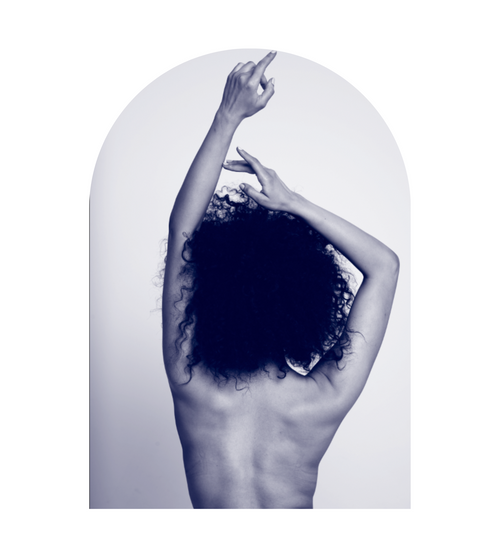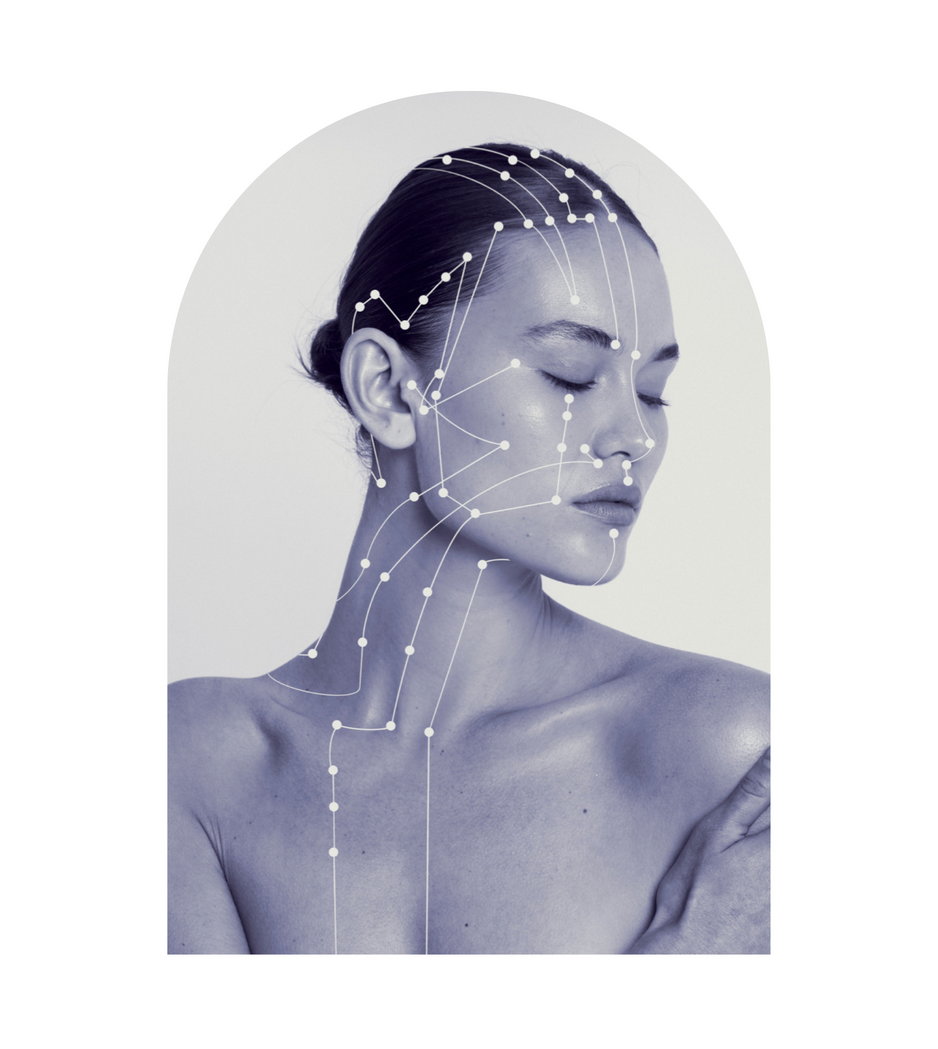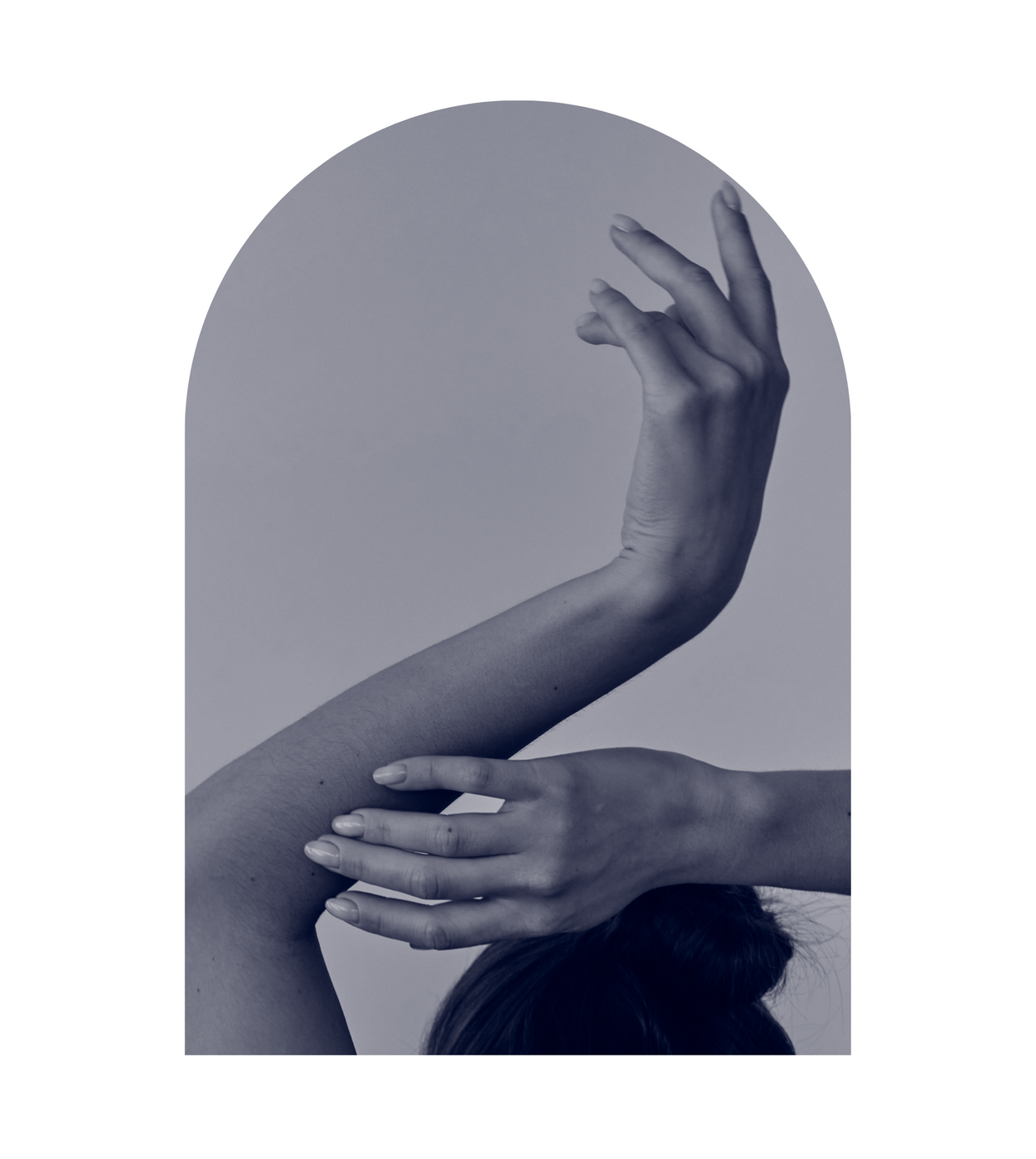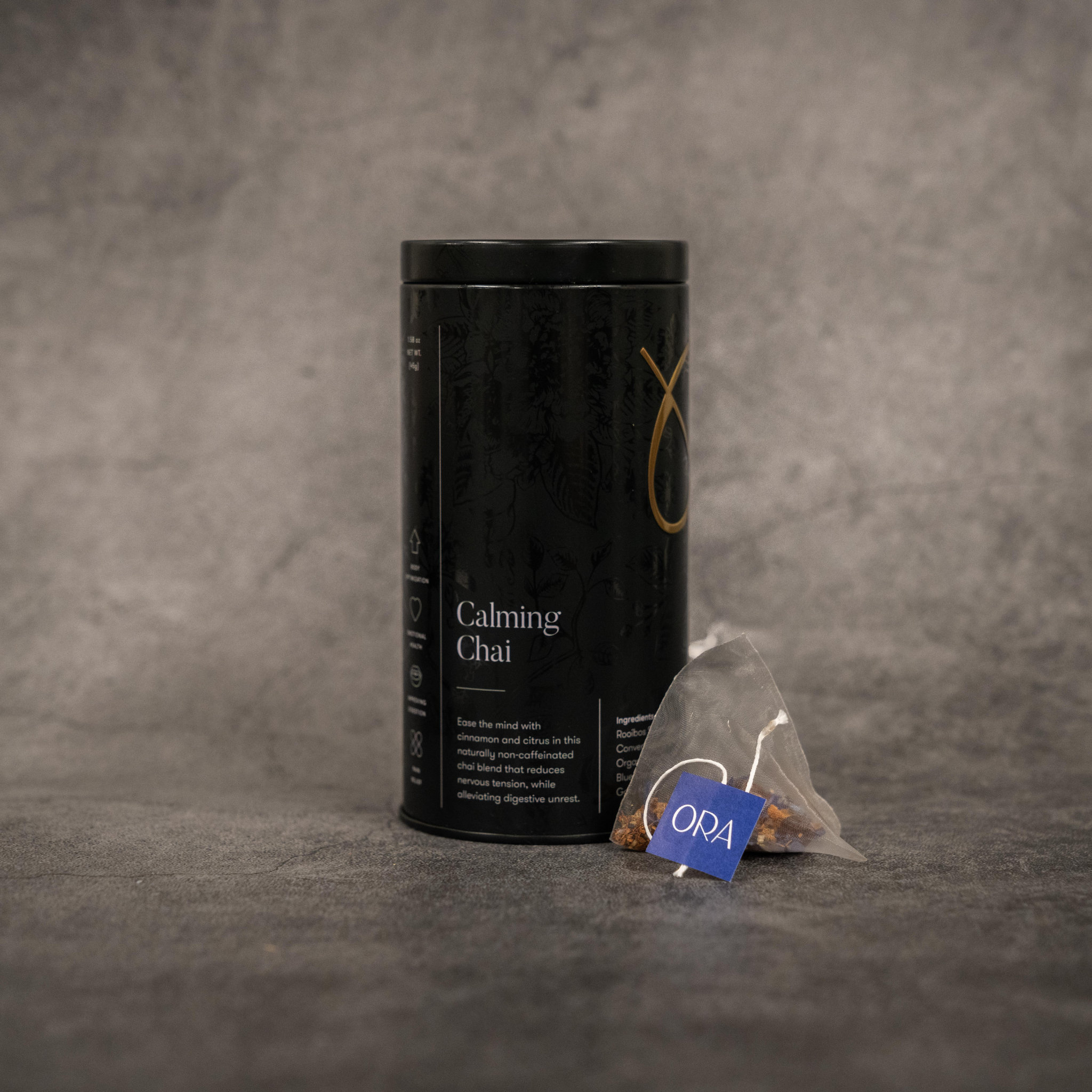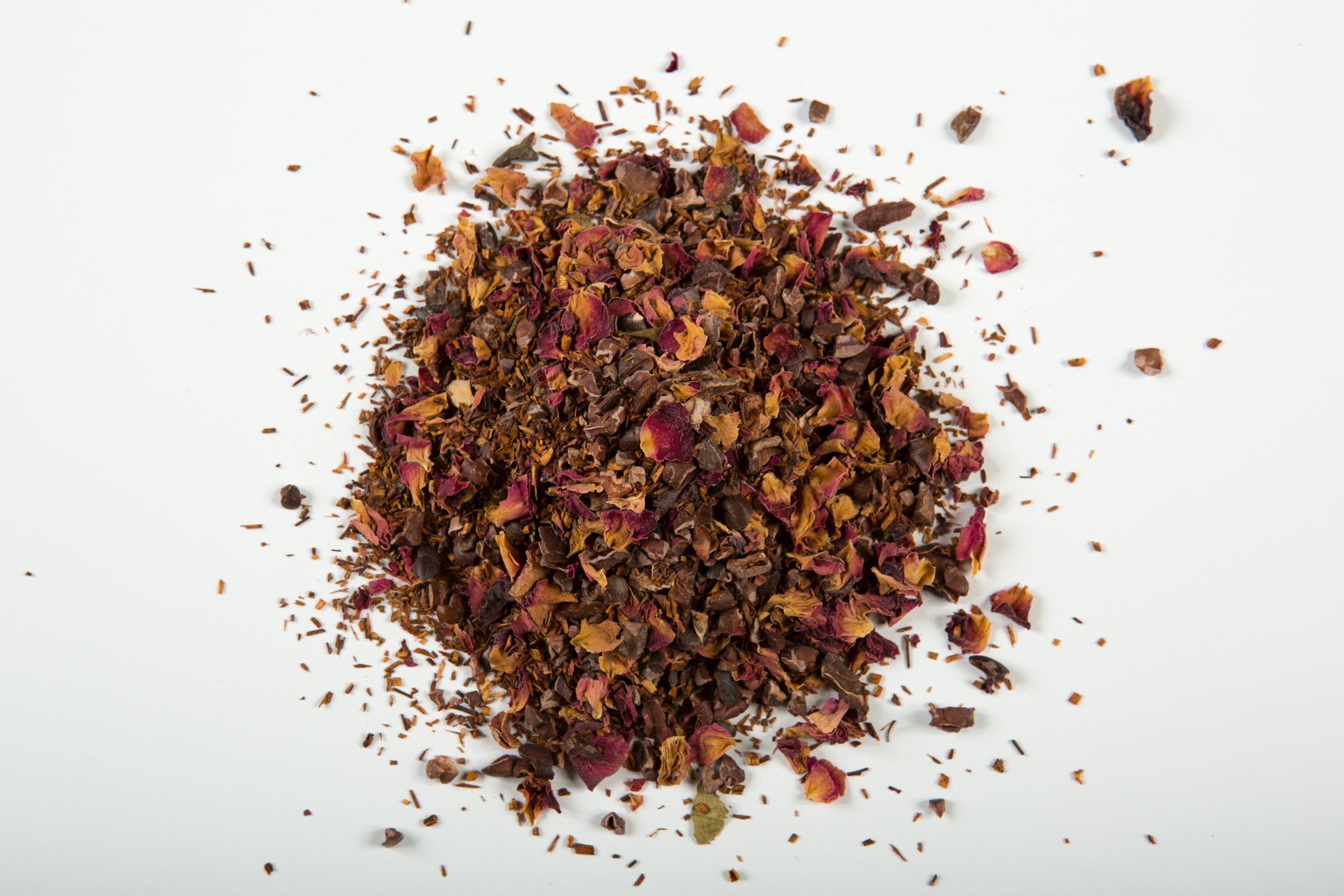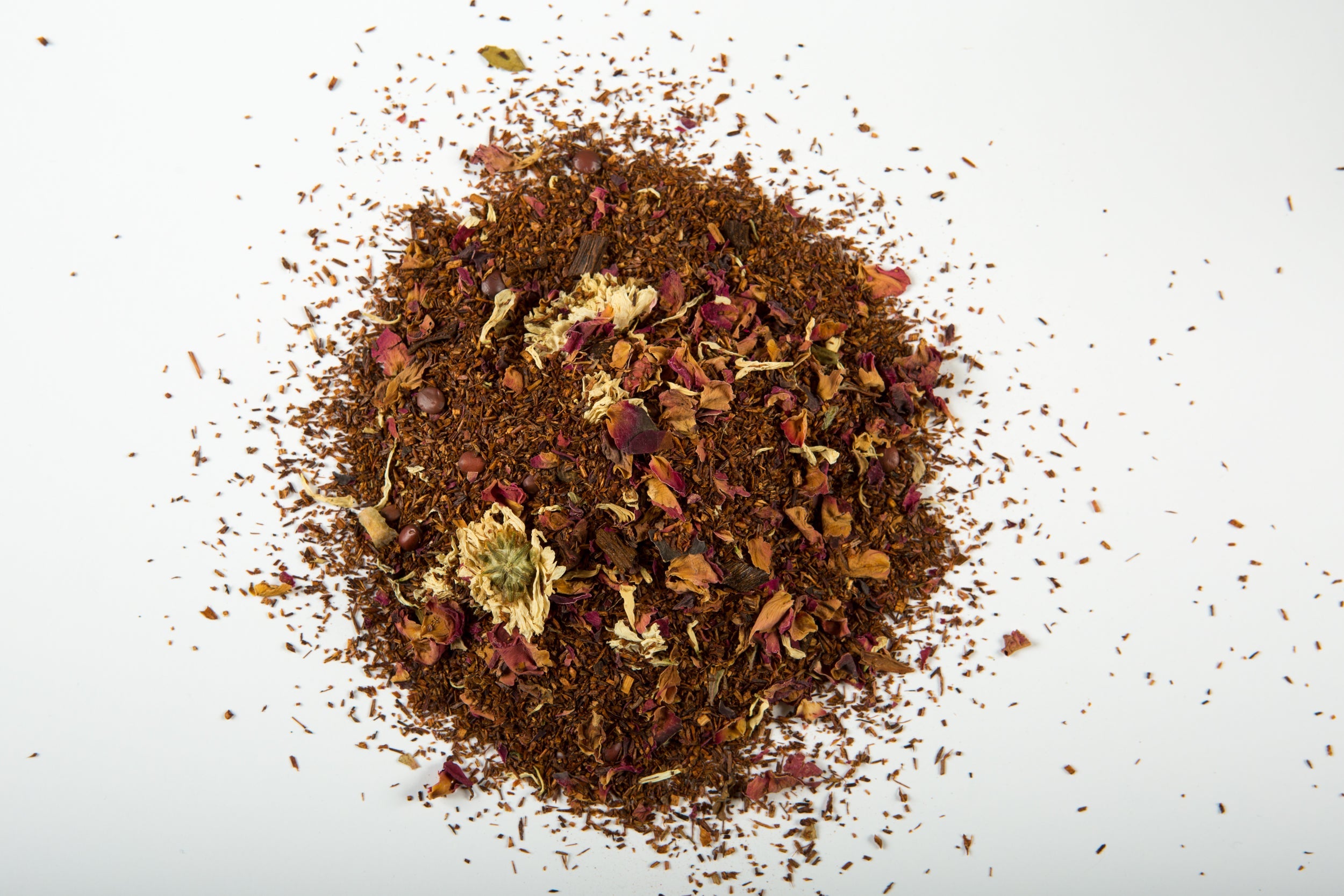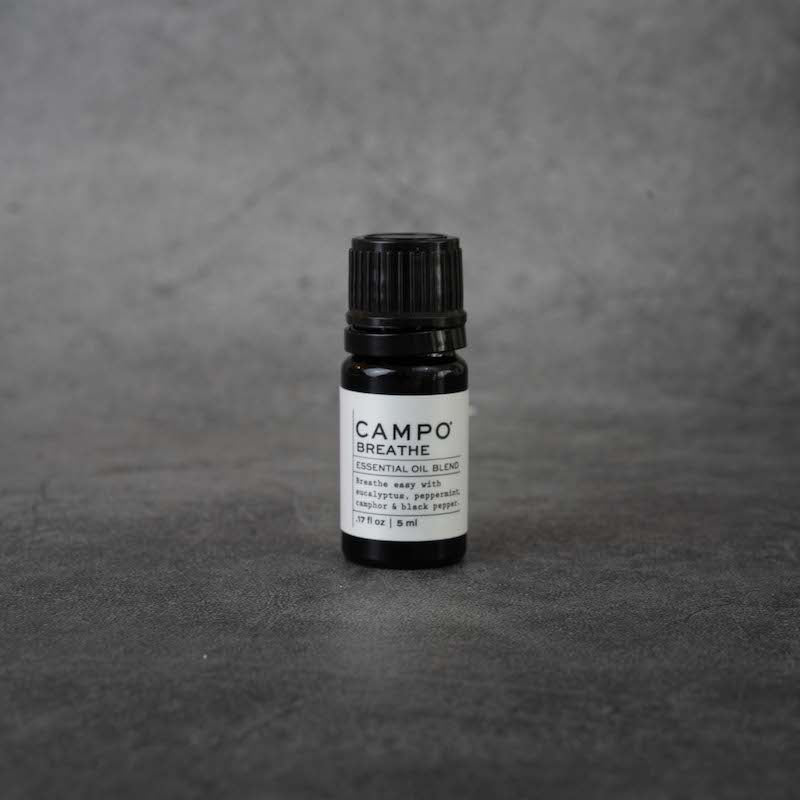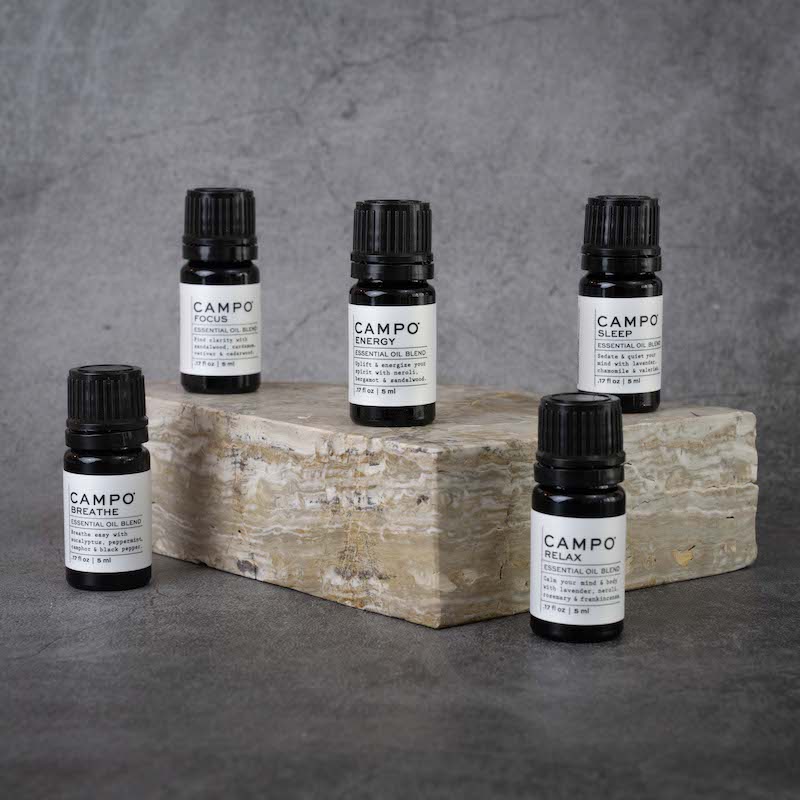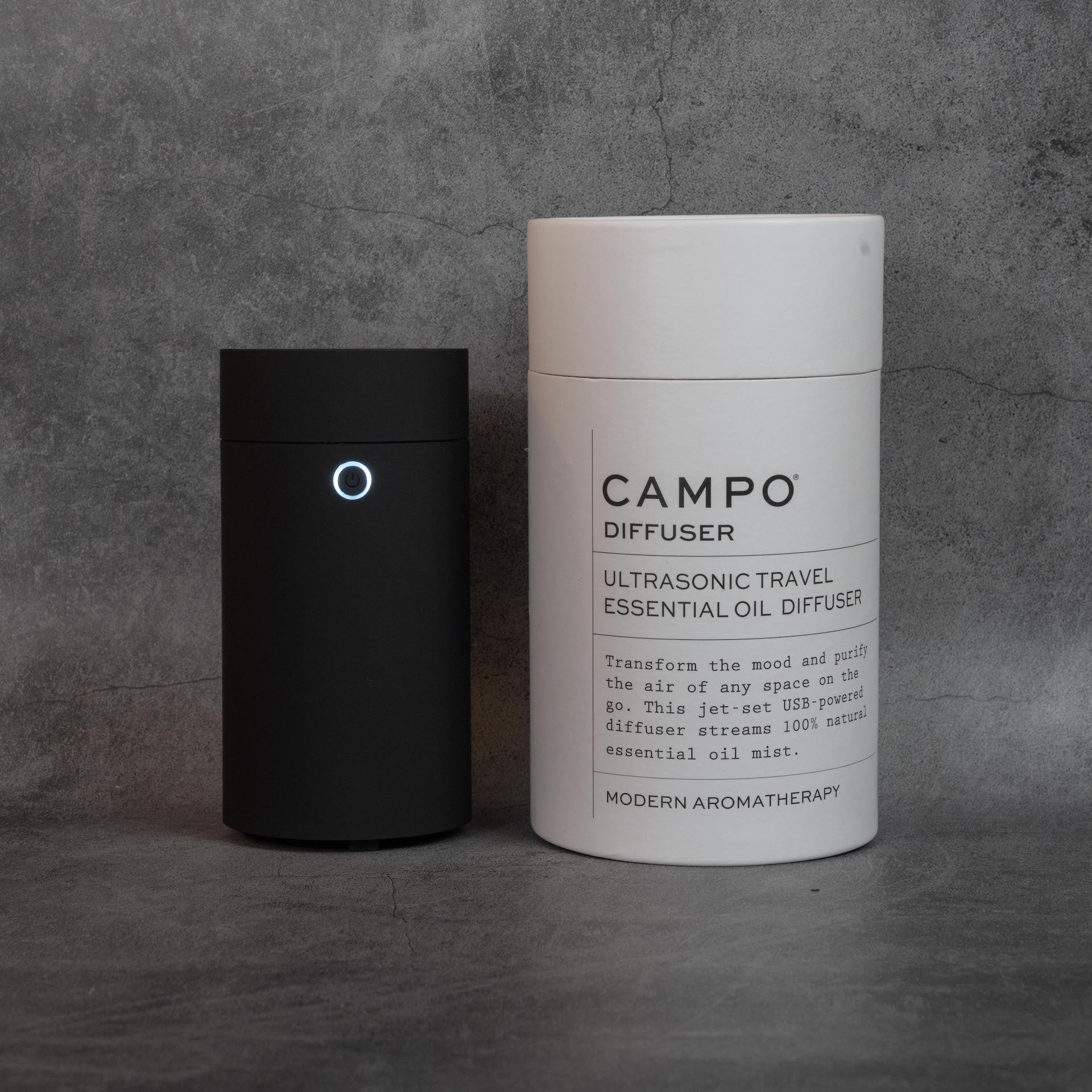By: Max Annis
If you’ve ever snoozed your alarm several times in a row, you know that sleep is precious. Whether you’re a teenager sleeping until noon, or a new mom getting in a quick nap, you probably try to get sleep whenever you can. Sleep is not just enjoyable – but of the utmost important for our general health.
To illustrate how important sleep is, the medical community has shown that prolonged sleep deprivation can be dangerous and may even lead to death. Sleep is the time during which the body heals itself the most, and when we are in our most relaxed state. It is imperative, then, to get as much quality restful sleep as possible. While eight hours is the generally recommended amount of sleep, the exact amount of sleep necessary varies from person to person and can range from six to ten hours. The number of hours also fluctuates depending on the time of year, the season, and an individual’s health needs.
Of course, not everyone can naturally get a good night’s sleep – and that’s where traditional Chinese medicine (TCM) comes in. TCM treats sleep disorders based on the individual’s specific symptoms. If you go into treatment for a sleep disorder, you’ll be asked the nature of the issue, such as whether the main issue is falling asleep or staying asleep. You might also be asked about the nature of your dreams, and whether you have nightmares or dream disturbed sleep (a phenomena where you have dreams that are so vivid that they can affect the actual amount of rest you are getting). Based on your answers to these questions, your acupuncturist may choose more points to calm the heart and the mind, or more points to relax the body – or even both. In addition, there are “empirical” insomnia points that have a strong effect of regulating and promoting sleep.
In western medicine, treatments are mostly limited to prescription sleep aids or recommendations for OTC supplements. Some sleep specialists conduct sleep studies to discern the exact underlying cause behind the sleep issue. If there is a physical component involved, such as sleep apnea, then the patient might be prescribed a CPAP machine. This can facilitate better breathing during sleep by keeping the airways open with air pressure, through a tube connected to the nose or mouth.
According to TCM, poor sleep can be caused by a variety of factors. One cause is Spleen Qi deficiency, which can be characterized by a tendency to overthink, anxiety, and subsequent sleeplessness. Another is Liver Qi stagnation, which can be caused by stress and can lead to waking up in the middle of the night with worry. Additionally, there can be a Heart and Kidney disharmony, often with too much heat in the Heart Channel; this disharmony tends to cause dream disturbed sleep and nightmares. When considering the chinese medicine’s organ clock, each organ system of the body has a two hour period. During this time, your body repairs itself and the energy that regulates each organ system is enhanced. Not getting proper deep sleep during these times will impact those organs energetically. This can be an indication of the type of sleep issue you might have. For instance, if you tend to wake up between the hours of 1am and 3am, this is the time of the Liver and may indicate Liver Qi stagnation and high stress levels. If you wake between 3am and 5am, this is the time of the Lung channel. This might indicate that you are dealing with grief or sadness, or that you have airway constriction or apnea.
TCM treats sleep issues through acupuncture points that are related to the observed disharmony in each individual. Also, luckily, many patients report improved sleep as one of the first benefits of acupuncture – regardless of whether the treatment was specifically focused on improved sleep. In addition, a healthy lifestyle is the first step toward achieving healthy and restful sleep. Exercise and stretching are also beneficial, particularly if done in moderation.
If you are having sleep issues, instead of counting sheep or mindlessly scrolling through your phone, consider using TCM to better diagnose the problem at the root level. Once properly diagnosed, your particular type of sleep issues can be better treated – and there won’t be anything keeping you from a good night’s sleep.



